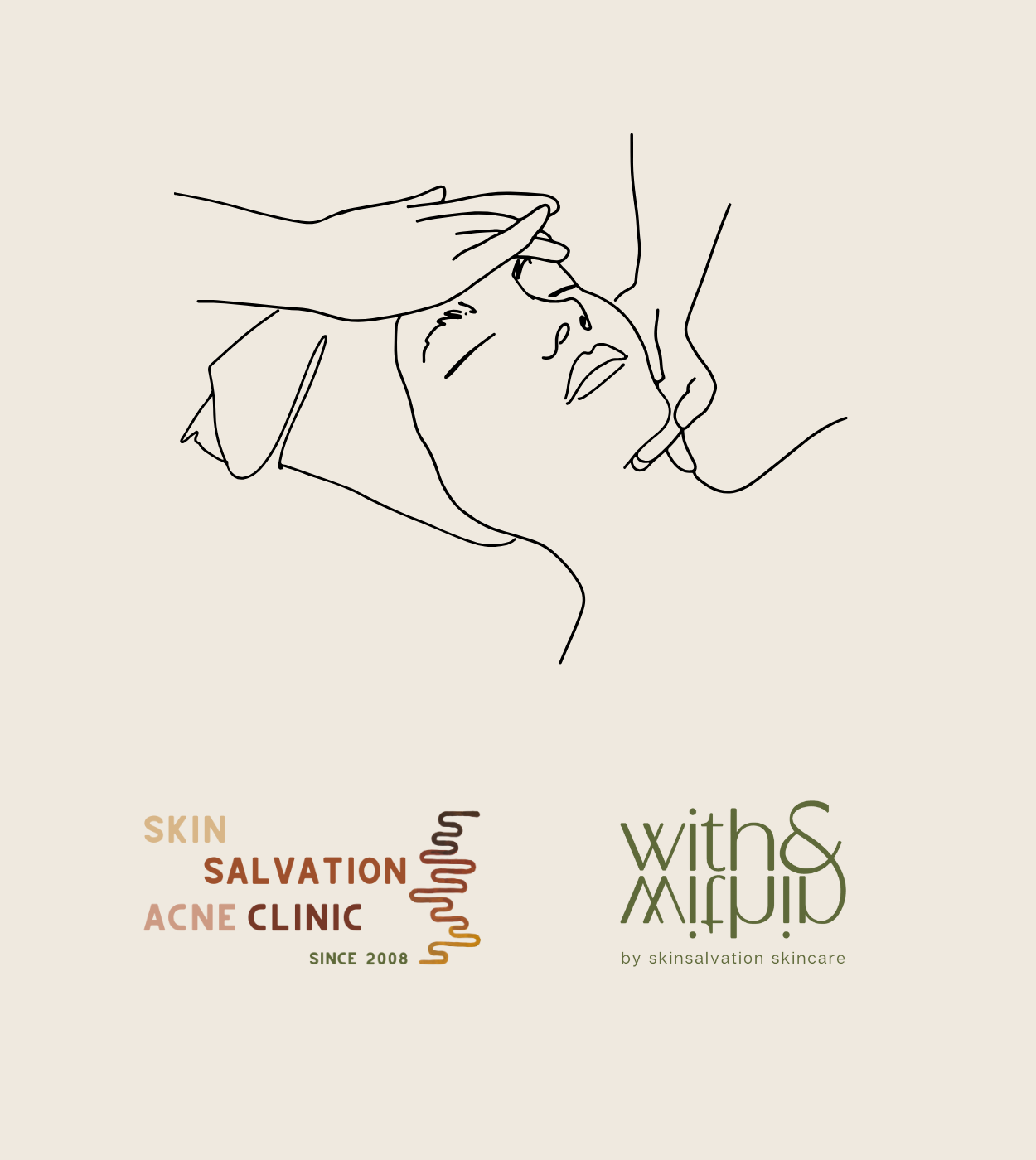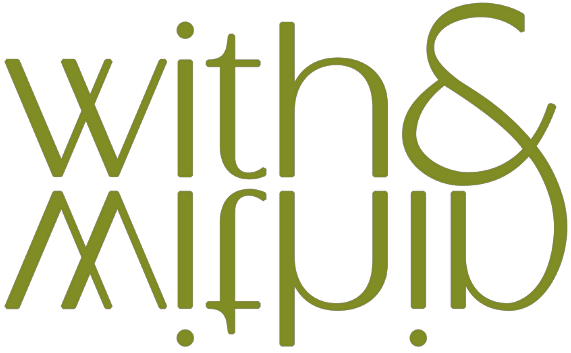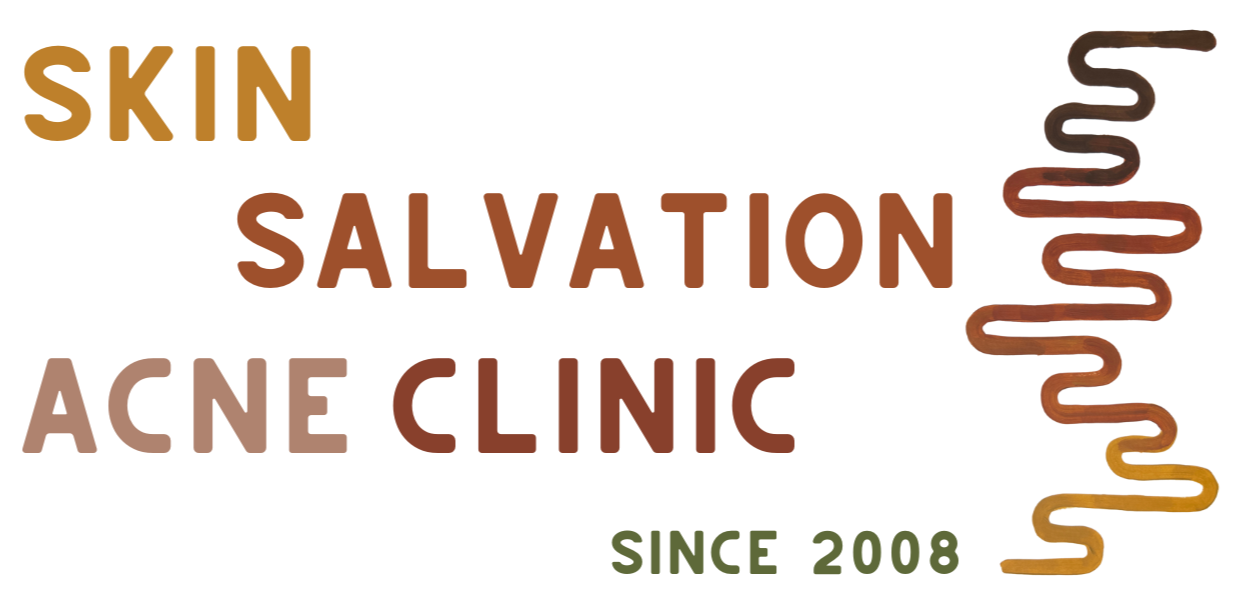
acne-safe guide to natural skin care trends

- by kerry watson
with all the natural skin care trends that fill up our social media feeds each day how do we know which ones are safe for our acne-prone skin. here's a quick list of do's and don't's to help you navigate the world of fad fabulous DIY natural skin care.
DON'T
"natural" trends to avoid:
100% apple cider vinegar (ACV) or 100% lemon juice: these are both very acidic and can cause burning of sensitive acne-prone skin. there are safe natural ways to hydrate and tone the skin that won't cause burning or breakouts and these are not them.

the oil cleansing method (OCM): unfortunately, most of the oils used in the OCM are cloggy. coconut oil is a super popular example. it happens to be highly comedogenic (pore clogging) so stay away.
essential oils on the skin: most essential oils have not been tested for comedogenicity (rate of clogging the pores, producing acne) so we suggest avoiding using these directly on areas that tend to breakout. also, essential oils are too concentrated to use neat or without diluting first and most of the oils used to dilute essential oils happen to be cloggy. safflower or sunflower oils are the only acne-safe ones that we have come across. so if you are using essential oils on your skin, dilute them first and only apply them to areas that don't get acne. the one exception is tea tree oil which can be used undiluted as a careful spot treatment for inflamed acne breakouts. all you need is apply one drop on a q-tip and then dab the inflamed spot gently.
clay masks: these sound like a good idea for acne; they are drying, detoxifying and natural. unfortunately, they are way too drying and can cause too much blood flow to rush to the surface of the skin. this can increase inflammation and can damage the fragile capillaries that lay just beneath the skin's surface. no clay mask until your skin is all cleared up and then only keep them on the skin for a couple minutes, never allowing the clay to completely dry out on the skin.
- facial steams: another good sounding thing for acne-prone skin: opening up the pores, hydrating, detoxifying - nope, don't do it! especially if you tend to suffer from inflamed acne breakouts. the heat from the steam will make the inflammation worse. think of putting a heating pad on a sprained ankle. it's just going to make everything swell up. your esthetician might use steam during your professional acne treatment but only if your skin clearly indicates that it would be beneficial. nine times out of ten it's not.
manual scrubs and brushes: when it comes to acne-prone skin, exfoliation is key but not all types of exfoliation are the same or even recommended for acneic skin. chemical exfoliation in the form of peel, active toners and serums can work wonders on acne prone skin. physical exfoliation in the form of scrubs and brushes, though fine for some, are not always a good idea for all. scrubbing sensitive inflamed skin with active inflamed breakouts is going to make the inflammation worse and can cause lesions to burst open spreading bacteria to other parts of the face.
not washing your face: if you are working on managing your acenic skin, you are going to have to use a mild acne-safe cleanser twice a day. not washing your face will allow dirt, sweat and oils to sit on your skin which may not cause issues for some folks but if you are acne prone you need a more attentive skin care regimen which will most definitely include cleansing.
DO:
"natural" trends that are safe:
manuka honey: manuka honey or any nice raw honey is antibacterial and anti-inflammatory. you can use it as a mask all over or just apply it to inflamed breakouts. leave it on or up to 30 minutes and then rinse off with warm water.

collagen powder: it's a great daily food supplement for the skin. we wrote a whole post on it. check it out here.
rosewater: looking for a gentle hydrating toner for your sensitive acne prone skin? try rosewater or rose hydrosol. it smells delicious and it's great for any skin type because it's hydrating, calming and slightly astringent. if you are struggling to control or manage your acne you may need an active toner with exfoliating ingredients. rosewater is a safe bet for cleared up acne prone skin but it may not be the best choice for active acneic conditions.

icing: icing is the best way to control inflammation topically. just as we would ice a sprained ankled or broken arm, we can ice the face to bring down inflammation. inflamed acne can quickly be reduced by icing at least twice a day for up to 30 minutes at a time. in addition to it’s anti-inflammatory action, icing the skin creates micro fissures in the skin, that allow the active ingredients in skin care products to penetrate deeper into the pore where acne starts to form.
x





